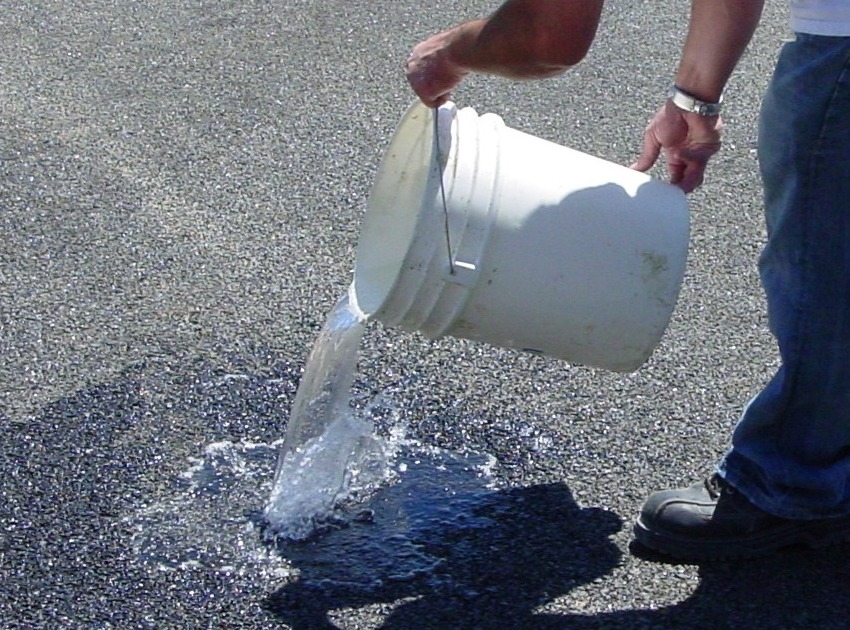Asphalt
Porous Asphalt
Porous Asphalt Usage Earns LEED Credits and improves Sustainability
Porous asphalt should be your choice for parking lot pavement
With a range of mix options and a variety of uses, asphalt remains a popular choice for paving because of its affordability, durability and sustainability. Porous asphalt, which is used mostly for paving parking lots, is a popular choice in building projects because of its many benefits and its environmentally friendly design.
What is Porous Asphalt?
Porous or Permeable Asphaltic Pavement offer developers and planners a new tool for managing storm water. This type of pavement allows water to drain through the pavement surface into crushed rock recharge beds to then infiltrate into the soils below the pavement. Many recent changes in storm water regulations have prompted many site planners to use this approach to parking lot design. While this mix may be more coarse than standard asphalt mixtures, the National Asphalt Pavement Association stands by its quality because of how it handles water, “ Even after twenty years, porous pavements show little if any cracking or pothole problems. The surface wears well. Porous asphalt retains its ability to handle rain water for many years.”
Traditional asphalt pavements are solid, impermeable structures that force water to runoff of the surface rather than re-enter the groundwater. Porous asphalt allows water to pass through so that it is naturally filtered back into the ground, thus preventing the water from running off of the surface and picking up contaminants along the way to our local gullies or creeks.
Uses for Porous Asphalt
The main use for porous asphalt is in the paving of parking lots. This product, which would be laid over drain rock, is used in this function mainly to assist with water filtration and to help limit the amount of water runoff from storms. Many storm water management systems even prefer the use of a permeable material to help avoid debris and particles from backing up drainage systems.
Benefits of Porous Asphalt
Asphalt itself has so many benefits to it and depending on the mix and application you are looking for; the benefits can be even greater. Porous asphalt, while used in more specific applications, has a variety of benefits all of its own.

- Meet Agency Requirements – In some building projects, requirements are set on the amount of ground that can be impenetrable. If you are covering a large area of land with a building or other solid structure, porous asphalt will allow you to build as needed while still constructing a parking lot that allows for a certain amount of the ground to be penetrated by rainwater.
- Environmentally Conscious – Porous asphalt can be the more environmentally conscious choice because it helps alleviate the amount of runoff that finds its way back into the creeks, streams and other bodies of water. When stormwater is naturally filtered through the ground, it also significantly lessens the amount of pollutants that enter larger bodies of water.
- Qualify for LEED Credits – Using porous asphalt product may provide Leadership in Energy and Environmental Design (LEED®) credits in your job requirements. In seeking to be as sustainable as possible, many companies are looking for ways to earn these building credits and this product is one material that will earn user’s credits for several reasons.
How Can Porous Asphalt Qualify for LEED Credits?
As mentioned, asphalt is considered a sustainable product for its ability to be recycled, however, porous asphalt can also qualify for LEED credits in three out of six categories. Porous asphalt qualifies for LEED credits because it recharges the groundwater as opposed to forcing runoff.
- Sustainable sites – According to the U.S. Green Building Council (USGBC), “the Sustainable Sites category rewards decisions about the environment surrounding the building, with credits that emphasize the vital relationships among buildings, ecosystems, and ecosystem services. It focuses on restoring project site elements, integrating the site with local and regional ecosystems, and preserving the biodiversity that natural systems rely on.”
- Materials and resources – USGBC recognizes the main things to focus on in seeking materials and resources. Credits are conservation of material, environmentally preferable materials and waste management and reduction. Also, according to USGBC, “Ideally, the materials and resources used for buildings not only do less harm but go further and regenerate the natural and social environments from which they originate.”
- Innovation in Design – Credits in this category can be achieved when a building or project shows it can achieve significant, measurable environmental performance.
If you are looking for a sustainable asphalt mixture, porous asphalt has many benefits that can help your company or building achieve desired results.
Does it sound like porous asphalt might be the right fit for your construction project? Are you looking to earn LEED credits? Deciding which type of asphalt mix to use can be a daunting task but the experts here at BoDean Co. are waiting to help you make the right choice. Call today to speak with one of our friendly and knowledgeable consultants to see if porous asphalt is the best fit.
To schedule a time that works best for you, simply call today at (707) 576-8205 to speak a BoDean Co. specialist or request a free online quote.
Selecting Porous Asphalt
When you are looking for a sustainable asphalt mixture, porous asphalt has many benefits that can help your company or building achieve desired results. Think porous asphalt might be the right fit for your construction project or are you looking to earn LEED credits? Deciding on the right type of asphalt mix can be a challenge. Therefore do not hesitate to contact us when you have a few questions that nee answers.

